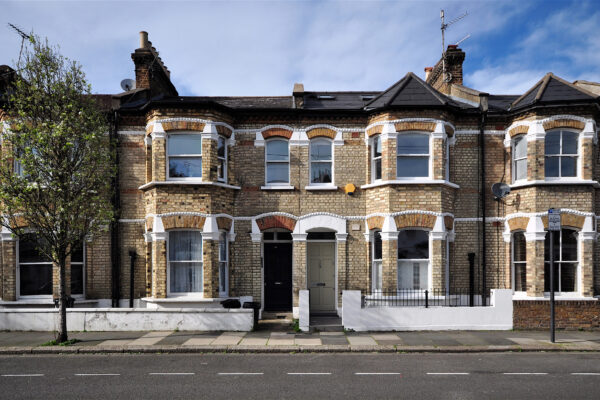Buy tickets now
Enforcement of Service Charges in the County Court

Termhouse (Clarendon Court) Management Ltd v Al-Balhaa [2021] EWCA Civ 1881
The Court of Appeal has given guidance on how decisions made by the First Tier Tribunal (Property Chamber) (FTT) in service charge cases can be enforced by the parties.
Background
The source of the First-tier Tribunal’s (FTT) powers to determine service charge disputes can be found in s.27A of the Landlord and Tenant Act 1985. Broadly speaking, the FTT is empowered by s.27A to determine whether a service charge is payable, and if so, to whom it is payable. There is no power for the FTT to order a party to actually pay service charges to another.
There are then various enforcement powers contained in the Commonhold and Leasehold Reform Act 2002, including s.176C which provides that:
“any decision of the First-tier Tribunal or Upper Tribunal under or in connection with an enactment specified in section 176A(2), other than a decision ordering the payment of a sum (as to which see section 27 (enforcement) of the Tribunals, Courts and Enforcement Act 2007), is to be enforceable with the permission of a county court in the same way as orders of such a court.”
Further, by CPR rule 70.5,
“where an enactment provides that … a decision of a tribunal … may be enforced as if it were a court order … a party may enforce the decision or compromise by applying for a specific method of enforcement under [various parts of the CPR]”.
Facts
Having received a decision from the FTT regarding the payability of service charges by Mr Al-Balhaa for the service charge years 2015-16 and 2016-17, the landlord sought to recover the sums found to be payable by making an application to the County Court under CPR r.70.5 and s.176C of the 2002 Act. A court officer made the order sought, but Mr Al-Balhaa applied to set it aside. His application was dismissed on the papers and his appeal against that order was dismissed by HH Judge Baucher, who found that the wording of s.176C applied—the FTT’s determination was “clearly” a decision that could be enforced with the permission of the County Court via CPR r.70.5.
Court of Appeal decision
The Court of Appeal analysed the matter by first looking at the nature of the FTT’s decision, and then assessing the routes of enforcement that would follow from that, if any. As Newey LJ pointed out, if the FTT’s decision was merely declaratory as to the rights of the parties, then no enforcement could follow—unlike orders for the payment of a sum of money or orders requiring a party to refrain from doing something, there is no way of enforcing a declaratory order.
The Court of Appeal concluded that a decision of the FTT under s.27A of the 1985 Act was merely declaratory in nature. The FTT is not entitled to decide, under s.27A, what sum is due from the tenant, but rather what sum is properly chargeable in service charges. This is clear from the fact that the FTT is entitled to make a determination “whether or not any payment has been made” and that no application may be made in respect of a matter that has been agreed or admitted by the tenant. Accordingly, the landlord was not entitled to apply under s.176C of the 2002 Act to enforce the Tribunal’s decision. If it needed to resort to enforcement methods, it should have first issued a new claim in the County Court, in which the FTT’s decision would have been binding on the parties.
Commentary
The decision may come as a surprise to many practitioners and, indeed, officers of the County Court. The judge at first instance saw the issues as clear cut, and anecdotally it appears that many FTT decisions have been enforced in this way in the past. Though in this case the FTT did not make a decision as to the exact sum that was outstanding from Mr Al-Balhaa, FTT decisions are often expressed to have decided what sums are due from the tenant. Even in those circumstances, s.176C will not be available to the landlord for enforcement and the landlord will need to make a new claim in the County Court. Given that s.176A(3) of the 2002 Act provides a direct route to enforcement of decisions made by the FTT where the claim is issued in the County Court initially and then transferred for determination, it may well be that landlords are better served by issuing service charge claims in the County Court rather than in the Tribunal.
By Katie Gray
First published in the L. & T. Rev., Issue 2
This content is provided free of charge for information purposes only. It does not constitute legal advice and should not be relied on as such. No responsibility for the accuracy and/or correctness of the information and commentary set out in the article, or for any consequences of relying on it, is assumed or accepted by any member of Tanfield or by Tanfield as a whole.







